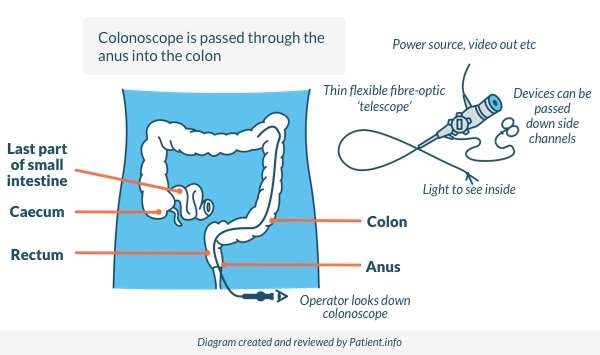Here is a little known fact.
It’s not just your family history of colon cancer that matters when it comes to deciding when you should be getting a screening colonoscopy.
Did you know that your family history of colon polyps matters. And by family history, I mean your first degree relatives, “aka” your siblings and/or parents. And it can matter a lot.
Polyps are not created equal as there are different kinds of polyps. Some of which are considered entirely benign, meaning they don’t carry a risk of potentially turning into colon cancer. And then, there are other kinds of polyps that are considered precancerous, meaning they do carry a risk of potentially turning into colon cancer over time.
Knowing your family history of polyps is important because it’s all in the details and knowing these details may mean you need a colonoscopy much earlier than you might have thought.
What to ask your family
If your parents and/or siblings have had a colonoscopy and polyps were removed, you want to ask them the following information:
- Can I get a copy of the colonoscopy and pathology report? I will be honest with you, the way our healthcare system is, it’s tough to do this. But if you can, awesome. Otherwise, here are some questions to ask:
– How many polyps were removed?
– What size were they?
– Do you know what kind of polyp was removed?

The reason this matters is that if your family member had an “advanced adenoma/polyp” removed before age 60 OR if you have more than 2 family members at any age with an “advanced adenoma/polyp” history then:
You should get a colonoscopy at age 40 OR 10 years before your youngest affected relative, whichever is earlier. You are then committed to future colonoscopies of at least every 5 years.
What kind of polyp matters?
Now, the obvious question is what exactly is an “advanced adenoma/polyp”?! This is a polyp we define as one of the following:
- A polyp that is ≥ 10mm
- Has tubulovillous or villous histology (the way it is described or appears under the microscope after review by the pathologist)
- High-grade dysplasia (again, how it appears by the pathologist to be more along the high risk pathway)
- And of course colorectal cancer is also considered an advanced finding
Any one of these features on your family member’s colonoscopy, means you should be getting a colonoscopy likely earlier than the general age 45 screening recommendation.
Don’t panic
Now, if you don’t have a way to get your family records or history, don’t panic. Chances are that by not putting off your routine, screening colonoscopy at age 45 will be just fine!
Talk with your doctor if you have questions or concerns and at least begin the conversation. And I will be honest with you. There are SO many things your primary care doctor has to keep track of that your primary care doctor might not know the information I just mentioned. If they don’t, that’s ok! They really aren’t expected to know this kind of stuff. But they can refer you to a Gastroenterologist to continue the conversation and that’s what matters.
+ show Comments
- Hide Comments
add a comment